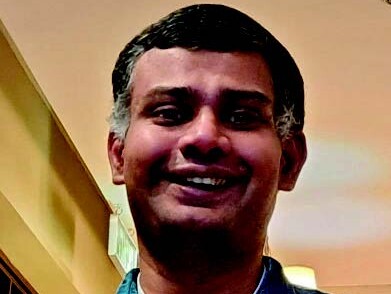
Since its creation as a specialized agency of the UN (1948), the World Health Organization faced a number of geopolitical challenges associated with the Cold War. Between 1949 and 1957, the USSR and its allies withdrew from the WHO, citing ideological differences with the US, as the latter did not recognize the indivisibility between health and social and economic problems. On the contrary, the US argued that poverty was the breeding ground of communism, and since disease led to poverty, eradicating disease would prevent the spread of communism to newly independent countries. The WHO became captive to US national interests during the 1950s and embarked on a narrow program of disease eradication and regionalization. The firrst WHO Director General Brock Chisholm (1948–53) advocated decentralization as a pragmatic step to meet diverse health needs in different parts of the world. The WHO headquarters characterized the central and south-eastern parts of Asia, including the Indonesian archipelago— “the Monsoon Asia of Geographers”—as a single epidemiological area. The SEARO—the WHO‘s
first regional office established in 1948 in New Delhi—during its first decade, launched mass campaigns against endemic diseases. In this chapter, the speaker argues that between 1948 and 1960, the SEARO had to balance between ensuring compliance of member states with prescriptions of international aid agencies and liaising with the WHO headquarters for increased budgetary allocations for South-East Asia.
Dr Vivek Neelakantan is a medical historian focusing on South-East Asia. His monograph Science, Public Health and Nation-Building in Soekarno-Era Indonesia (published by Cambridge Scholars in 2017) investigated Indonesia’s relations with the WHO during the Cold War and the appropriation of social medicine by national physicians. His monograph was translated into Bahasa Indonesia by KOMPAS in 2019. He is currently working on two research projects:
(a) the evolution of Primary Healthcare in South-East Asia;
and,
(b) Cholera in the Indian Ocean World since the 19th c., a collaborative research project with Dr Eva-
Maria Knoll at the ISA.
Informationen
Zeit:
Donnerstag, 13. April, 16 Uhr
Ort:
ÖAW, Institut für Sozialanthropologie
A-1020 Wien, Hollandstrasse 11-13
